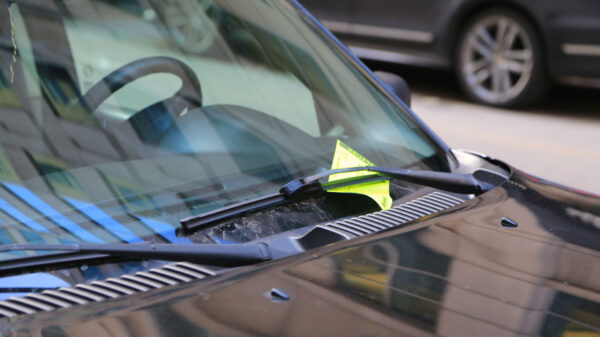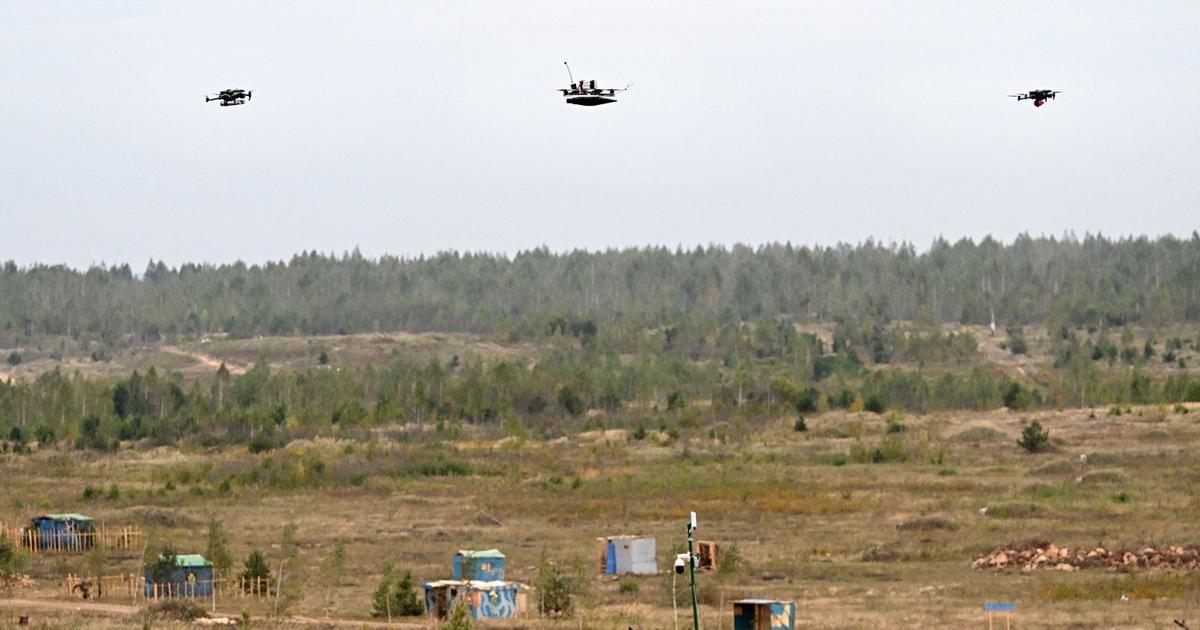Recent incursions of Russian drones into Polish airspace have raised significant concerns about NATO’s collective security and response mechanisms. During a press briefing, former President Donald Trump downplayed the situation, suggesting it could have been an error. He stated, “Could’ve been a mistake. But regardless, I’m not happy about anything having to do with that whole situation.” This incident highlights the delicate balance of international relations and the implications for NATO allies.
The presence of Russian drones in Poland, a NATO member, poses a serious challenge to the alliance’s commitment to mutual defense. Whether the drones were deliberately sent into Polish airspace or not, their presence tests the resolve of NATO allies. Trump’s remarks, which lacked a strong condemnation of the incident, have led to concerns about the United States’ commitment to its allies. His comments were not isolated; when questioned by Fox News, he reiterated his noncommittal stance, stating, “The Poland thing, I mean, I’m not going to defend anybody.”
Despite Trump’s ambiguous rhetoric, the U.S. ambassador to NATO took a firmer stance, stating on social media, “We stand by our NATO Allies in the face of these airspace violations and will defend every inch of NATO territory.” This statement aims to reassure Poland and other NATO members of the United States’ ongoing support.
Polish leadership responded promptly to the situation. President Karol Nawrocki spoke with Trump, describing the conversation as one that confirmed the “alliance’s unity.” Additionally, Poland’s defense minister, Wladyslaw Kosiniak-Kamysz, received assurances from U.S. Defense Secretary Pete Hegseth regarding unwavering support from the United States.
NATO’s Immediate Response to Russian Incursions
In light of the drone incursions, NATO has initiated an operation named Eastern Sentry. Mark Rutte, NATO Secretary General, announced that the operation is effective immediately, with contributions from Denmark, France, Britain, and Germany. These nations have committed fighter jets and other military assets to bolster security along NATO’s eastern flank, including the Baltic states.
Rutte condemned the incursions, labeling them “reckless and unacceptable.” He emphasized the importance of maintaining the integrity of allied airspace, stating, “We can’t have Russian drones entering allied airspace.” The strong response from NATO reflects a broader concern about security in Eastern Europe and the potential for escalating tensions with Russia.
The situation underscores a critical moment for NATO and its members. The alliance’s ability to respond decisively to provocations is essential in maintaining the balance of power in the region. As John Foster Dulles famously noted, “The ability to get to the verge without getting into the war is the necessary art.” The challenge remains for NATO to navigate these tensions without escalating into direct conflict.
As the situation develops, the international community will be watching closely to see how NATO and its member states respond to future provocations. The implications for global security are significant, and the unity of NATO will be crucial in addressing the challenges posed by Russian military activities in Eastern Europe.





































































